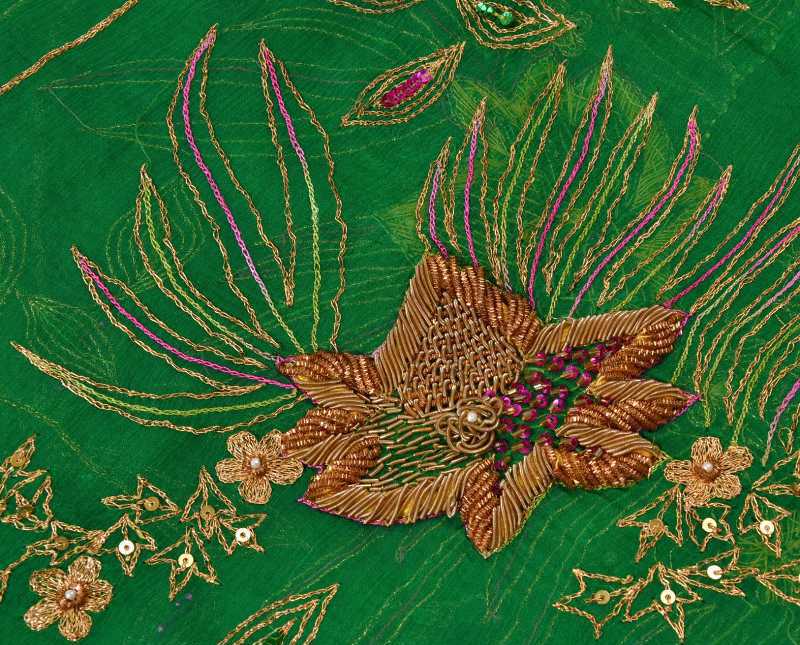===
0239,
1
===

=== |
 |
dast-o-baġhal : 'Caressing, embracing'. (Platts p.516)
ḳharosh : 'Loud noise, cry, call, shout, yell; tumult; crash'. (Platts p.489)
josh : 'Boiling, ebullition; effervescence; heat, excitement, passion, emotion; lust; fervour, ardour, zeal; vehemence; enthusiasm; frenzy'. (Platts p.397)
FWP:
SETS == KA/KE/KI
MOTIFS
NAMES == LORD
TERMS == ALLEGORY; RHYME; VERSE-SETThis verse and the following verse, {239,2}, do indeed feel 'connected', as SRF points out, though they aren't marked as a verse-set. In particular, {239,2} hardly creates any poetic effect at all, without the present verse to precede it. It's intriguing that such a radically 'verse-set'-like pair should not be so labeled. Might Mir have originally intended them to be so? The oddity of the situation is only enhanced by the fact that this single ghazal, most unusually, contains two (other) officially marked verse-sets: vs. 5-6 (not included in SSA) and vs. 7-11 (included in its entirety). This ghazal is also a bit unusual in having only a rhyme, with no refrain.
SRF points out that 'oh Lord' can be exclamatory in various ways; it could also be taken as an address, and a very appropriate one since the Lord himself might well be (part of) the answer.
Moreover, kisī kā rāz can be either 'X's secret' (known to and possessed by X, and perhaps stored in the ocean for safekeeping) or 'the secret of X' (secret knowledge about a thing or person called X, possessed by the ocean).
This verse reminds me of Ghalib's own use of similarly haunting, unanswerable rhetorical questions:
G{33,7}.
Note for grammar fans: Zahra Sabri points out (June 2022) that in this verse both ḳharosh and josh are pluralized, which is very unusual.